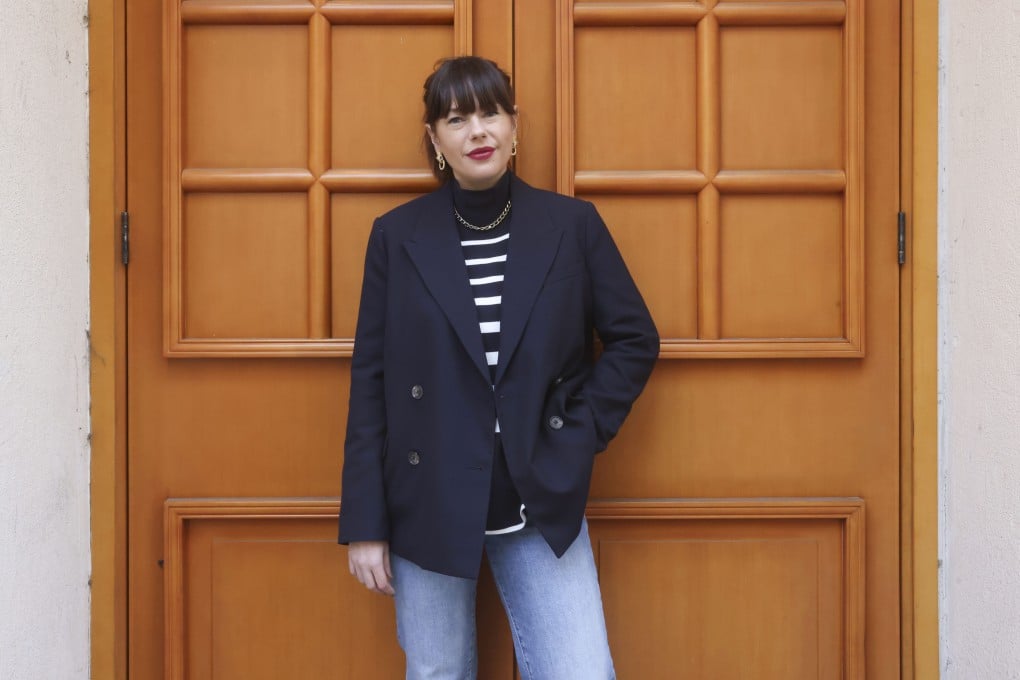Olivia Cotes-James, founder of natural period products brand Luüna, talks about her ‘obsession’ with finding a solution to women’s menstrual woes
- Olivia Cotes-James recalls her suffering with heavy periods and bad skin in her youth, and finding that the synthetic coating used in tampons caused period pain
- She tells Kate Whitehead about becoming obsessed with providing natural period products, and her hope 2023 ‘will be the year I get more of a work-life balance’

My mum was born in Hong Kong and moved to New Zealand when she was a child. It was there that she met my dad, a Briton, and I was born in 1991.
Before I turned one, we moved to Somerset, in the UK, and my dad started his own business in printing. My mum had been an air hostess and then worked in the police and is now with the NHS (National Health Service).
I was an only child until I was eight, when my brother came along, and was quite solitary. I had a vivid imagination and was always making up elaborate stories and games, and I was a voracious reader.
When I was 11, we moved to Taunton and I got a scholarship to Taunton School. Writing and debating was my bread and butter, and I loved sports.

Teased and bullied
I got my first period when I was 12. It’s telling of the lack of education and cultural attitudes towards menstruation that my first thought was, “My life is over.”